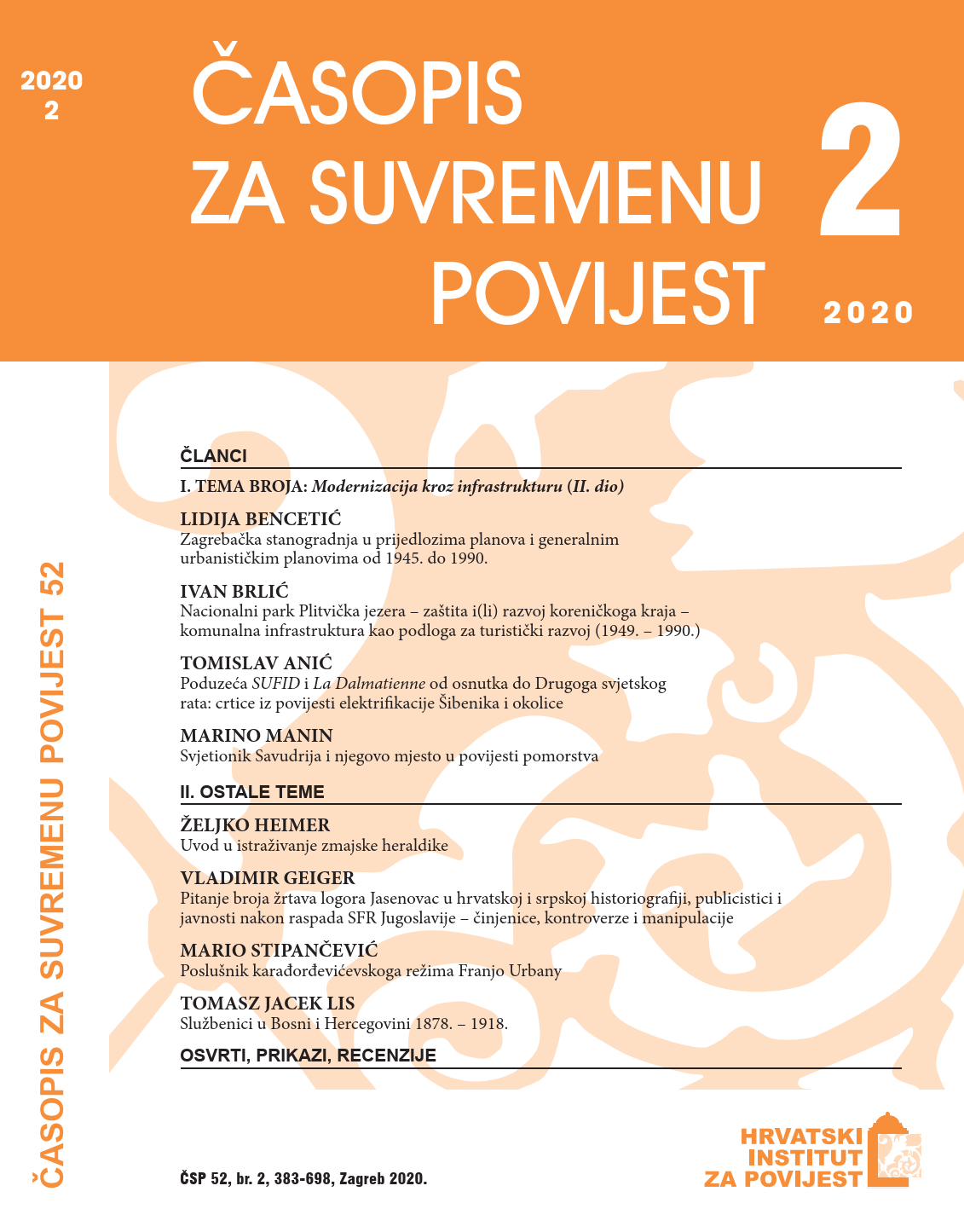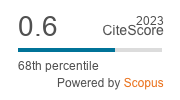Franjo Urbany, a Minion of the Karađorđević Regime
DOI:
https://doi.org/10.22586/csp.v52i2.10622Keywords:
Franjo Urbany; biography; Zagreb police; monarchist YugoslaviaAbstract
Like his numerous contemporaries from the period of the dissolution of Austria-Hungary and establishment of the new Yugoslav state, Franjo Urbany (1874–1951), a lawyer from Zagreb, General Attorney and police chief of the second-largest city in the Kingdom of Serbs, Croats and Slovenes, had to make a considerable political and ideological U-turn in order to continue his presence in high administrative circles. It would be hard to say whether his personal pre-war views were in opposition to the new situation or not, but there can be little doubt that he wanted to ingratiate himself to the new power-holders. This was a necessity if he were to continue climbing the administrative ladder in the new environment. The difficulty was that Urbany, like many of his kind from the occupying system, had to virtually jump into the lap of those who had been occupied up until that point and – in the new circumstances – were the leading political forces of the state union of which Croatia had suddenly become a member. There can be little doubt that Urbany knew how to adapt. Once a participant in the burning of a Hungarian tricolour at Zagreb’s Jelačić Square in 1895 and a minor administrator of the Austro-Hungarian occupying forces in Serbia during World War I, he became a persecutor of the Croatian opposition and a campaigner for the protection of the centralistic and unitarian Yugoslavian community ruled by the Karađorđević dynasty. These merits provided him with the opportunity to lead and restructure the Zagreb police in the period of 1921–1924. Despite his successes, it appears that the power-holders were in search of a firmer hand for the upcoming times, in order to combat the increasing numbers of dissenters. Because of this, Urbany was forced to resign as the chief of Zagreb’s police and was succeeded by the notorious Janko Bedeković.
Downloads
Published
How to Cite
Issue
Section
License
Copyright (c) 2020 authors and journal

This work is licensed under a Creative Commons Attribution-NonCommercial 4.0 International License.
Copyright holders are the publisher Croatian Institute of History and the authors. Journal of Contemporary History is an Open Access journal. Users are allowed to read, download, copy, redistribute, print, search and link to material, and alter, transform, or build upon the material, or use them for any other lawful purpose as long as they attribute the source in an appropriate manner according to the Creative Commons licence CC BY-NC. The papers published in Journal of Contemporary History can be deposited and self-archived in the institutional and thematic repositories providing the link to the journal's web pages and HRČAK. Journal does not charge article processing charges (APC). The editors assume no responsibility for statements of fact or opinion made by contributors.




